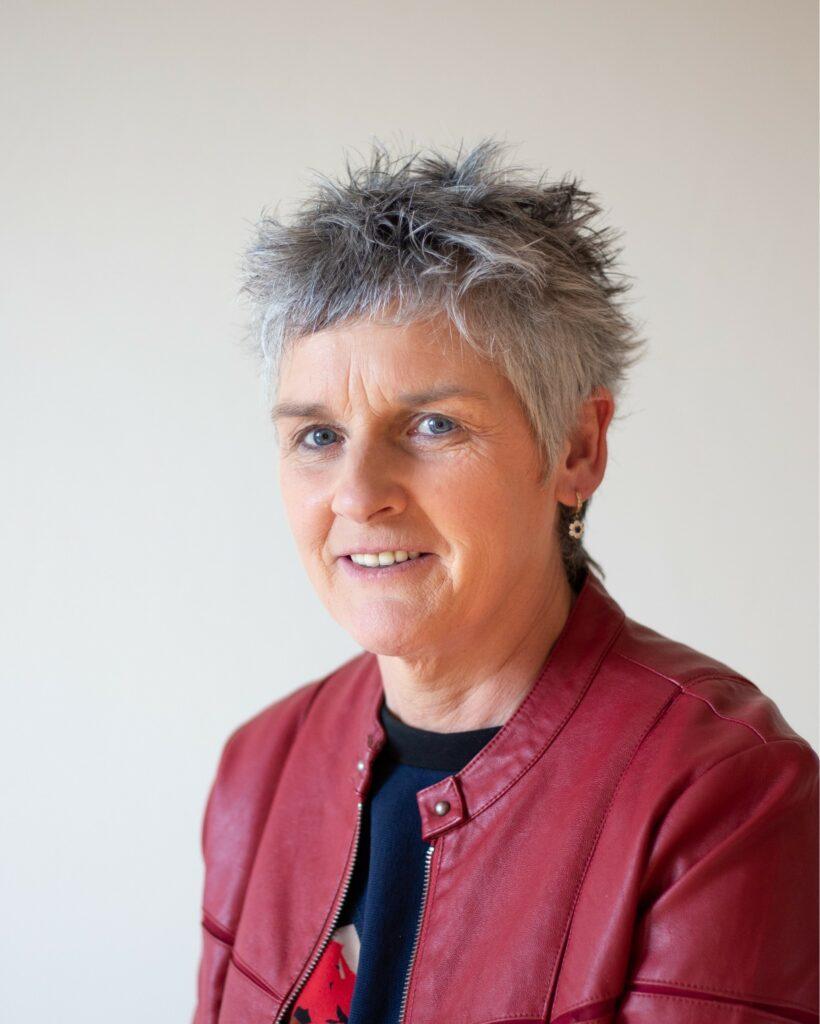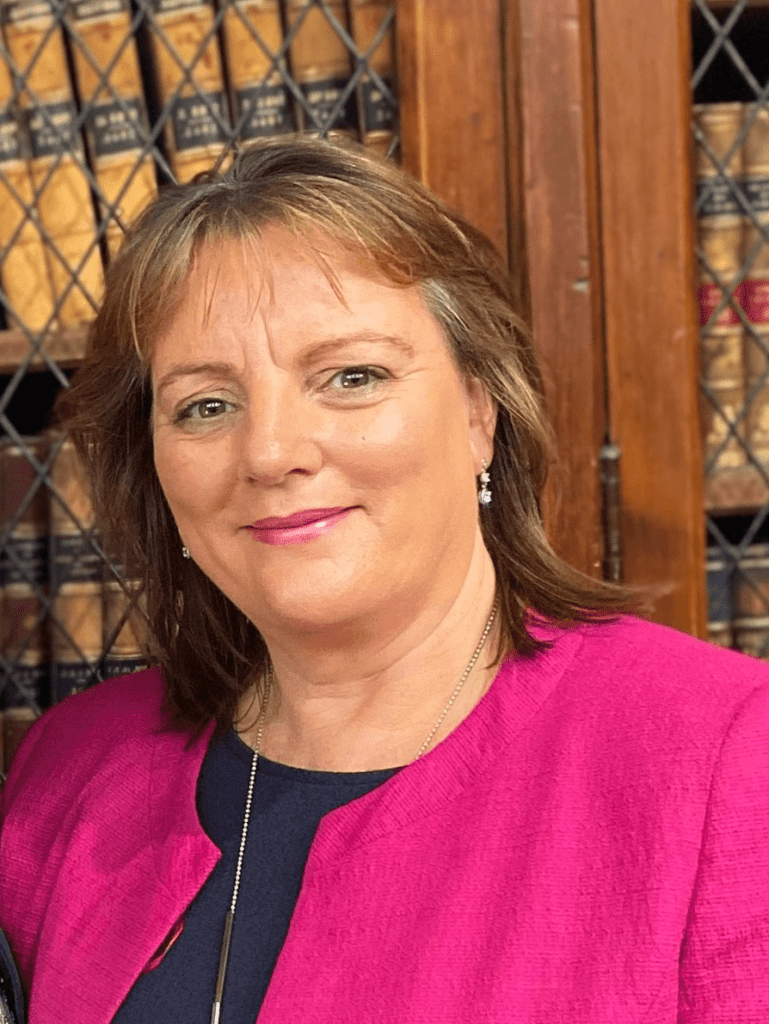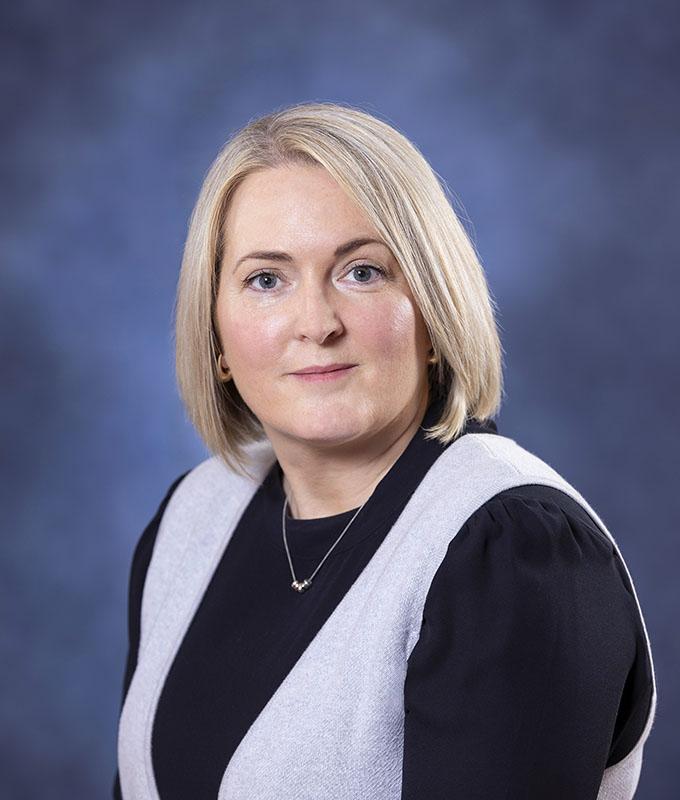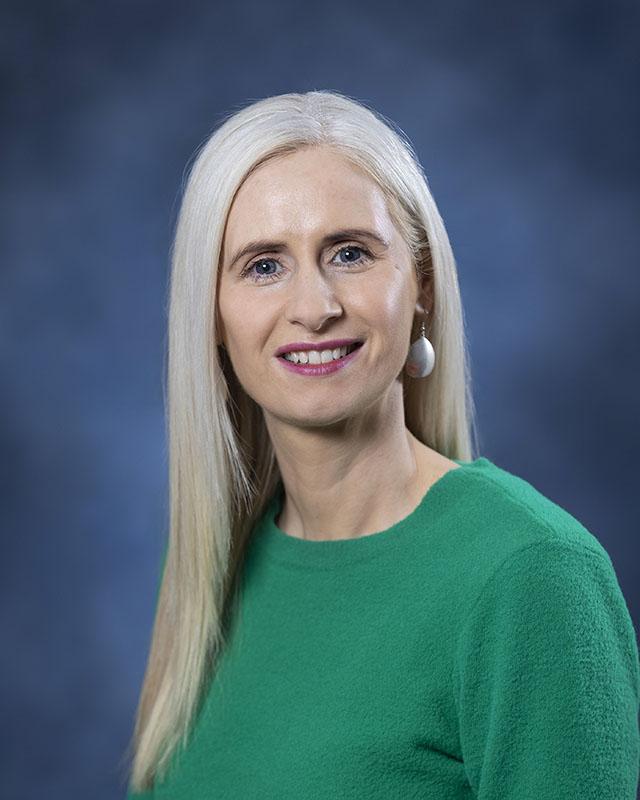Bereavement Counselling: Navigating Grief and Loss
Experiencing a loss is a difficult and challenging process that most people will encounter across their life, but the journey of grief that follows is unique to each individual.
Some examples of loss may be:
- Loss of a Parent, Partner, Child, Relative, Friend or Pet
- Divorce
- Illness – sudden or long term
- Infertility
- Miscarriage
- Adoption
- Redundancy or Retirement
Bereavement can bring overwhelming emotions, such as sadness, anger, fear, confusion, and anxiety. Oftentimes these emotions can be felt in combination with each other, which can become overwhelming to navigate through while also coming to terms with the loss. During these difficult times, seeking support through bereavement counselling can be a valuable tool.
Bereavement counselling offers a safe space for individuals to express their emotions, share memories of their loved ones, and navigate through the complexities of grief. Whether it’s face-to-face sessions or online grief counselling, the aim remains the same: to provide compassionate guidance through the grieving process.
What to Expect from Bereavement Counselling?
Bereavement counselling offers a compassionate and non-judgmental space for individuals to explore their feelings and memories associated with their loss. During sessions, trained grief counsellors provide emotional support, practical coping strategies, and guidance on navigating the grieving process. Through techniques such as cognitive-behavioral therapy (CBT), mindfulness, and counselling talk therapy, individuals learn to cope with their grief and find meaning in their loss.
Grief is a universal human experience that can affect anyone, regardless of age, or gender. Whether it’s the loss of a person, relationship, job or a change in your life path, the pain of bereavement can have a deep effect. While you may feel that you are alone in your grief, it can be beneficial to speak to other people in your life about how you are experiencing a loss.
Family grief counselling can be carried out by a Family Systemic therapist acknowledges the collective impact of loss on loved ones, providing a supportive environment for shared mourning and moving towards healing. Through open communication and mutual support, families can navigate grief together, strengthening their bonds in the process.
Teenagers may struggle to cope with the loss of a loved one, as they are in such a turbulent developmental phase that they may not yet have the language to express the emotions that they are experiencing. Bereavement counselling tailored to their specific needs can provide invaluable support during this vulnerable time. Through age-appropriate interventions, such as art therapy, play therapy, and peer support groups, teenagers learn to express their emotions and develop healthy coping mechanisms.
By nurturing resilience and fostering peer connections, bereavement counselling empowers teenagers to navigate grief with strength and courage.

Signs and Symptoms of Bereavement and Grief
Grief manifests itself in various ways, and recognising its signs and symptoms can be the first step towards healing. Common symptoms of bereavement may include profound sadness, shock, anger, guilt, and even physical symptoms such as fatigue and loss of appetite.
Individuals may also have trouble concentrating, sleep disturbances, and withdrawal from social activities. In cases of traumatic bereavement, where the loss is sudden or unexpected, the emotional toll can be even more overwhelming. It is also important to note that the grieving process is unique to each person, and while some people may experience symptoms stronger and more intensely than others this does not invalidate your own experience with loss.
Elisabeth Kübler-Ross famously outlined the six stages of grief: denial, anger, bargaining, depression, acceptance, and meaning-making. While not everyone experiences these stages in the same order or intensity, they can provide a framework for understanding the emotional journey of bereavement. From the initial shock of a loss to denial, to an eventual acceptance and finding meaning in the loss, these stages offer insight into the complexities of grief and the path towards healing.
Accessible Support in Times of Need
Whether your preference is for in-person or online grief counselling at Mind and Body Works, the support and guidance offered by our qualified counsellors can make a profound difference in the lives of those grieving.
Online counselling offers flexibility, convenience, and accessibility, making it a viable option for those with busy schedules or geographically located further away from our therapy centres. By acknowledging the impact bereavement can have in our lives and seeking support when needed, individuals and families can find solace and healing during the difficult transition into their new way of living.

How do I Make an Appointment?
Simply choose a location below, or visit our Therapies page to help you identify the preferred centre and form of counselling and psychotherapy. Our available therapists can also be contacted directly from their profile page on the website. All of their contact details are on the website beside their profiles. It would be helpful if you could indicate in your email the days and times of your own availability, and also give a brief idea of what you are seeking to work with in therapy.
Alternatively if you are unsure which form of therapy or which counsellor or psychotherapist would be the most suitable, or if you would like further information, you can contact us directly by email at info@mindandbodyworks.com or phone us at 01 6771021. Our team can help advise and direct you towards the best matched therapist for you to work with.
We will attempt to match your requirements as much as possible but please bear in mind that this is subject to availability of therapists. We have therapists working 8am to 10pm Monday to Friday, and 9am to 6pm on Saturday.






























































































